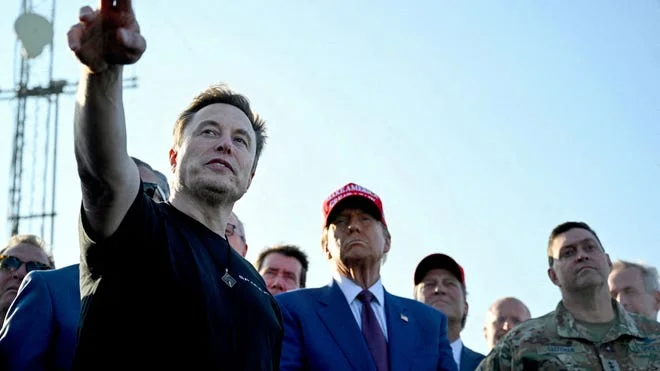
Elon Musk’s Mars Vision: A “Life Insurance” for Humanity Against Solar Incineration
Elon Musk, the visionary CEO of SpaceX, isn't just aiming for the stars; he's setting his sights on Mars as humanity's ultimate "life insurance." With the sun's eventual expansion threatening to incinerate Earth, Musk is doubling down on his ambition to establish a self-sustaining civilization on the Red Planet. But is this a far-fetched dream, or a necessary step for the survival of our species?
In a recent interview with Fox News, Musk reiterated his long-held belief that humanity must become a multi-planetary civilization. He estimated that Earth has about 450 million years before it becomes too hot to sustain life due to the sun's expansion. While this may seem far off, Musk argues that the time to act is now. "That's one of the benefits of Mars, is life insurance for life collectively," Musk told Watters. "We do at some point need to be a multiplanet civilization, because Earth will be incinerated."

Musk's vision for Mars goes beyond mere exploration. He envisions a self-sufficient city capable of thriving even if resupply ships from Earth were to cease. He emphasized the critical moment when Mars achieves self-sufficiency, stating, "The key point in the future where destiny of life as we know it will forever be affected is when Mars becomes self-sustaining... If the resupply ships from Earth stop coming for any reason... then we have not created life insurance."
SpaceX is already making strides towards this goal. The company is aggressively developing Starship, a massive rocket designed to transport humans and cargo to Mars. While Starship has yet to reach orbit in its flight tests, Musk remains optimistic, suggesting an uncrewed mission to Mars as early as 2026, with potential human landings following in the early 2030s.
Musk's dedication to Mars colonization has led SpaceX to explore various aspects of establishing a permanent presence on the planet, including developing dome habitats, specialized spacesuits, and even considering human reproduction on Mars. According to The New York Times, internal teams are working on architectural designs and tackling the medical and biological challenges of Martian colonization.
The challenge is immense, but Musk envisions a future where humanity has a backup plan, a haven on Mars where life can continue even if Earth faces an apocalyptic fate. He even suggested the first city on Mars will be named 'Terminus,' though he leaves the ultimate naming decision to the future Martian residents.

Elon Musk isn't just talking about Mars; he's actively working to make it a reality. Will his vision of a self-sustaining Martian colony become a reality, offering humanity a lifeline against the universe's ticking clock? What are your thoughts on the feasibility and necessity of colonizing Mars? Share your opinions in the comments below!